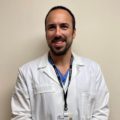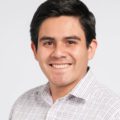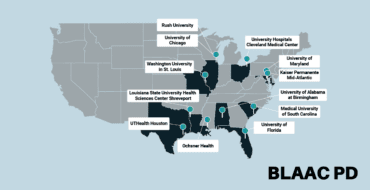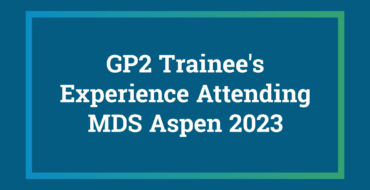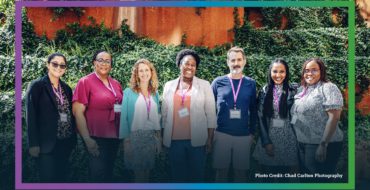Increasing Underrepresented Hispanic Participation in Parkinson’s and Genomic Research Through the LARGE-PD Study
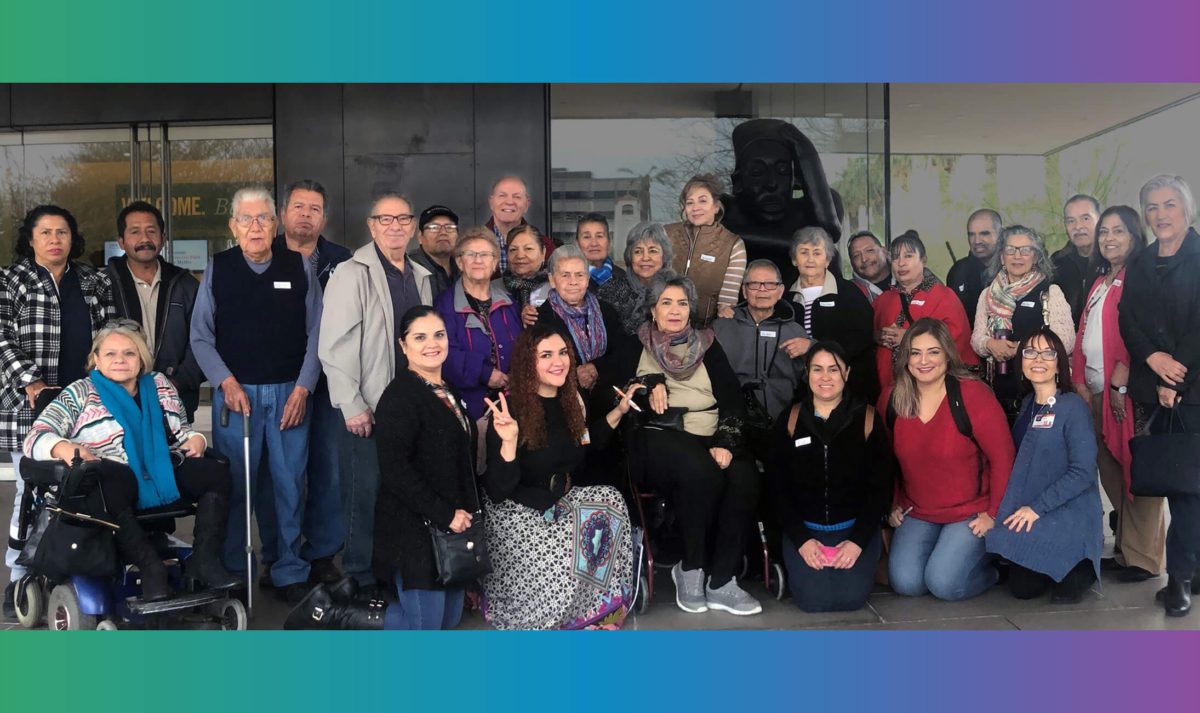
The Latin American Research Consortium on the Genetics of Parkinson’s Disease (LARGE-PD) started in 2005 as a multicenter collaboration across Latin America focused on increasing PD knowledge in these countries. Today, it’s represented in 14 different countries across North, Central, and South America and has 37 sites working to recruit participants and increase the participation of Hispanic individuals with PD in genetic research.
Human genetics as well as epidemiological studies have proven to be valuable tools for better understanding the molecular pathophysiology of PD. This Consortium is generating the first large cohort of individuals with PD and matched healthy controls in Latin America that will allow researchers to dig deep into the genetic and environmental factors that lead to the development of Parkinson’s disease. This is especially crucial for Hispanic communities that have historically been underrepresented in genetic research in the United States.
To address these concerns, our study asks participants to donate a saliva or blood sample to extract their genetic material and learn more about the genetic risk factors that play a role in the development of PD in Latinos. Preliminary studies done by our team showed that known genetic factors (mostly derived from studies in Europeans) play a small role in the development of PD in Latinos, suggesting that this population may hold the key to identifying novel genes involved in the etiopathogenesis of the disease. This is not only important to better understand how the disease starts and progresses, but also to be able to provide individuals of Latino origin with genetic testing and medical treatments that better represent their true needs.
In addition, we are collecting environmental exposure data that may allow us to determine if specific environmental factors are also implicated in the development of PD within Latino populations. Participants complete a questionnaire which asks about their nicotine use, alcohol use, water sources, pesticide exposure, and heavy metal exposure, among other variables. Clinical and demographic information, as well as women’s health factors (for Hispanic women with PD), are also collected through additional questionnaires and the participant’s medical history.
South and Central American sites have been actively recruiting for some time now, but this year we are happy to announce that a U.S. cohort has been approved and is actively recruiting through the Cleveland Clinic Foundation, Genomic Medicine Institute. The entire recruitment process is conducted remotely, with the consenting process done by phone, questionnaires distributed online and by email, and samples collected by mail. Saliva collection kits are mailed to participants with additional study materials at no cost to the participant.
If you are a Hispanic individual with Parkinson’s disease over the age of 18 who is living in the U.S. and are interested in participating, please fill out the recruitment form, or contact us directly using the information below. Individuals over the age of 18 living in the U.S. are also eligible to serve as controls for the study.
Contact us:
(216) 314-9014
[email protected]
[email protected]

